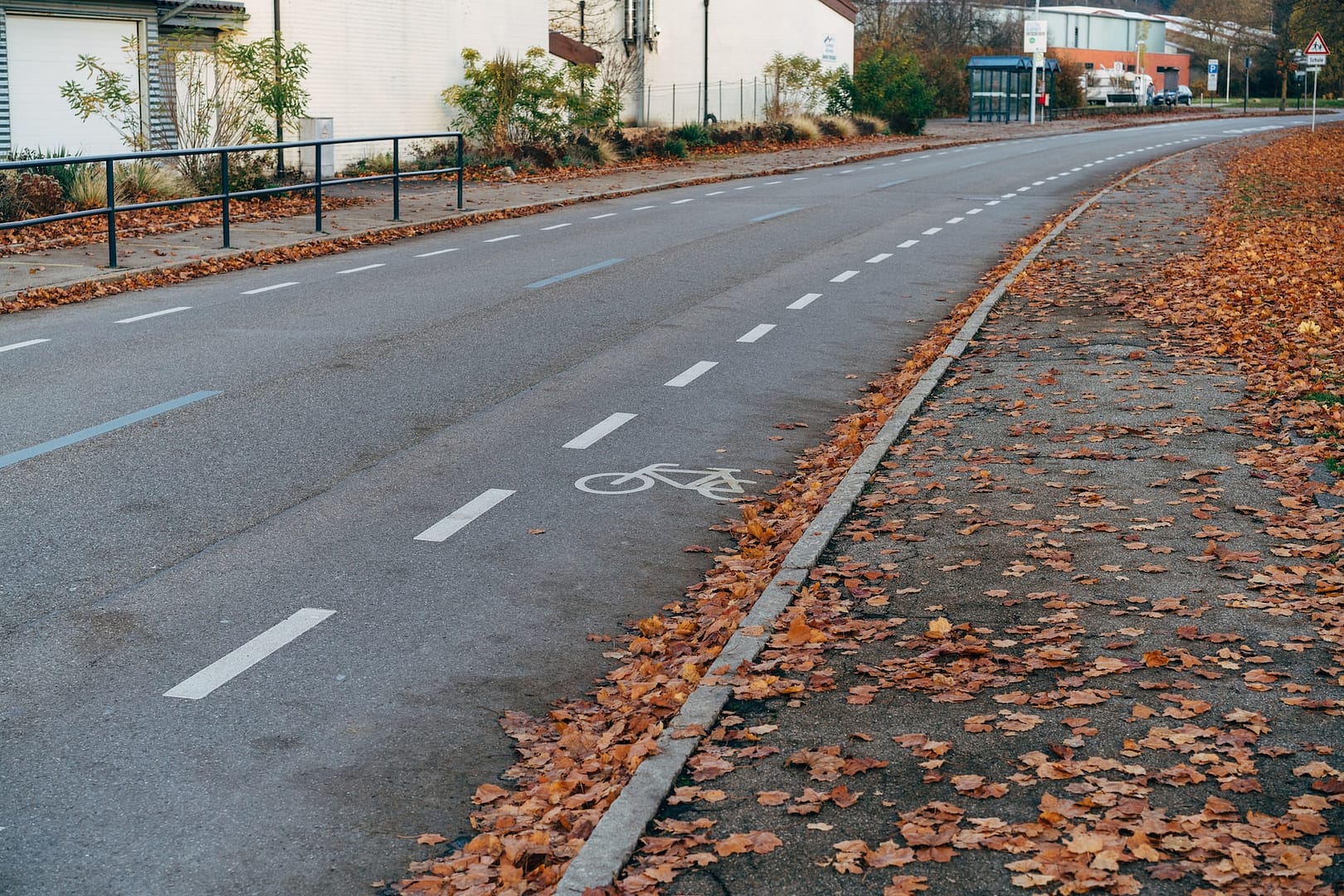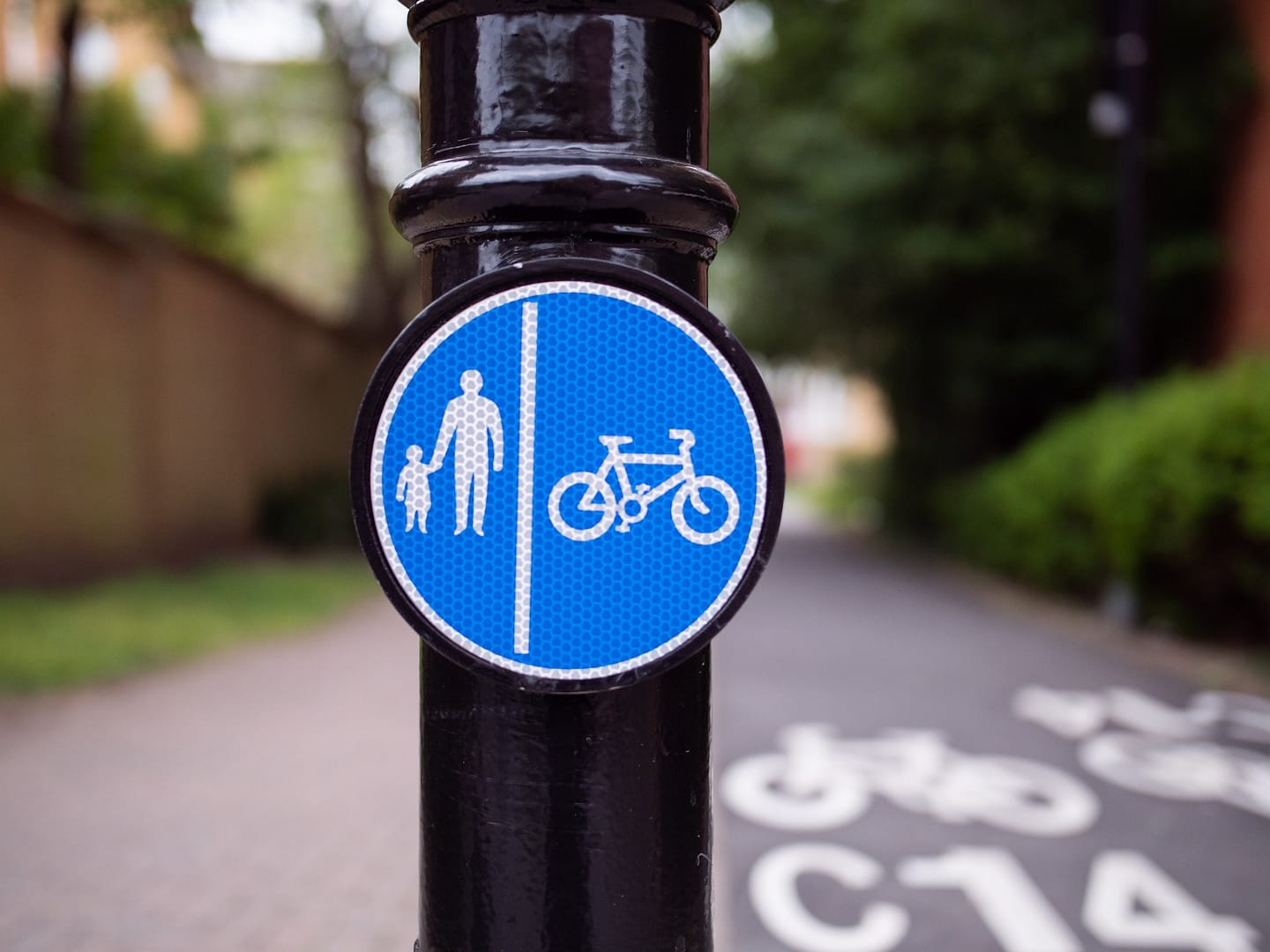Road safety is a topic of paramount importance worldwide. It transcends borders and cultures, affecting every person who steps out onto the bustling network of roadways that crisscross our planet. In this article, we will delve into the intriguing realm of “Cultural Perspectives on Road Safety.” Through the lens of various cultures, we will explore the diverse approaches to road safety and identify the most vulnerable road users. We also explore how best to start a road traffic accident claim.
Approaches to Road Safety
Western Perspectives
Let’s kick off our journey by examining road safety from a Western perspective, with a specific focus on the United Kingdom. In Western countries, road safety is often associated with strict regulations, well-maintained infrastructure, and robust law enforcement.
The Role of Regulations: Western nations tend to have comprehensive traffic laws and regulations in place. These laws encompass speed limits, seatbelt usage, alcohol limits, and strict penalties for violations. For instance, in the UK, the “Think! Road Safety” campaign has been instrumental in raising awareness about the importance of adhering to speed limits and avoiding distractions while driving.
Infrastructure Investment: Western countries also prioritise the maintenance and expansion of road infrastructure. The UK, for instance, has invested heavily in constructing safer roads, implementing traffic-calming measures, and improving signage and lighting to enhance visibility, particularly during adverse weather conditions.
Law Enforcement: Vigorous law enforcement plays a pivotal role in Western road safety initiatives. The presence of speed cameras, breathalyser tests, and regular police patrols serves as a deterrent to reckless driving. In the UK, the police employ various strategies, including roadblocks and random checks, to catch and penalise those breaking the law.
Eastern Perspectives
Now, let’s shift our focus to Eastern cultural perspectives on road safety, with an emphasis on countries like Japan. Eastern cultures often emphasise discipline, courtesy, and community values.
Discipline and Courtesy: In Japan, where traditional values like respect and politeness are highly cherished, road safety is embedded in the culture. Drivers exhibit remarkable discipline and courtesy, making way for pedestrians and adhering to traffic rules with utmost diligence. Bowing as a gesture of gratitude is not uncommon when a driver is allowed to merge into traffic.
Community Responsibility: In many Eastern societies, road safety is viewed as a communal responsibility. Everyone plays a part in ensuring that roads are safe. For example, schoolchildren are taught about road safety, and there is a strong emphasis on respecting the elderly and vulnerable road users like pedestrians and cyclists.
Elderly Road Users: Japan, with its rapidly ageing population, places a special emphasis on the safety of elderly road users. Initiatives like reflective clothing for senior pedestrians and pedestrian-friendly infrastructure are widespread. This cultural sensitivity reflects the profound respect for the elderly in Japanese society.
Most Vulnerable Road Users
As we explore cultural perspectives on road safety, it is vital to identify who the most vulnerable road users are across different cultures.
Pedestrians
Pedestrians are universally considered one of the most vulnerable road user groups. Irrespective of cultural backgrounds, pedestrians face risks when navigating roads. However, the degree of vulnerability and cultural attitudes towards pedestrians can vary.
Western Countries: In Western cultures, pedestrians are often protected by strict laws and regulations. Drivers are expected to yield to pedestrians at designated crossings, and jaywalking is generally discouraged. The use of pedestrian crossings and traffic lights is common to ensure the safety of walkers.
Eastern Countries: In contrast, many Eastern cultures prioritise pedestrian safety as a collective responsibility. Drivers tend to be more cautious around pedestrians, and jaywalking is sometimes tolerated, provided it is done with care and awareness of oncoming traffic. Cultures like Japan have a strong ethos of respecting pedestrians, making it relatively safe to traverse busy streets.
Cyclists
Cyclists occupy a unique space in the realm of road users. In some cultures, they are seen as eco-friendly commuters, while in others, they may face challenges due to limited cycling infrastructure.
Netherlands – A Cycling Paradise: The Netherlands stands out as a cultural haven for cyclists. Dutch culture places a high value on cycling as a sustainable and healthy mode of transportation. The country boasts an extensive network of dedicated cycling paths and bike-friendly infrastructure. In such a culture, cyclists enjoy a higher level of safety compared to many other nations.
Urban Challenges: In contrast, in densely populated urban areas in some Asian countries, cycling can be perilous due to traffic congestion and a lack of dedicated cycling lanes. However, cycling is still a common mode of transport in many Asian cities, and the culture adapts to accommodate cyclists, making it an essential part of the road safety landscape.
Motorcyclists
Motorcyclists represent another group of road users with varying degrees of vulnerability depending on cultural contexts.
Southeast Asia – The Land of Scooters: In countries like Vietnam and Indonesia, scooters are ubiquitous, and motorcyclists make up a significant portion of road users. Here, the culture accommodates two-wheelers, and the flow of traffic adapts accordingly. Helmets are often mandatory, but the sheer volume of scooters on the road can pose unique challenges.
Western Countries: In Western cultures, motorcyclists are encouraged to follow safety regulations strictly. Wearing protective gear, including helmets, is mandatory in many places. In some cultures, motorcyclists may even be stigmatised for perceived risk-taking behaviour.
Children
Children are universally considered highly vulnerable road users. Cultural perspectives on child road safety often reflect a society’s commitment to protecting its youngest members.
Western Safety Measures: Western countries typically have stringent child safety measures in place. Child seats, booster seats, and safety harnesses are commonly used to protect children while travelling in vehicles. Schools and communities often engage in road safety education to instil good habits from a young age.
Eastern Emphasis on Education: In Eastern cultures, education plays a vital role in child road safety. Parents, schools, and communities focus on teaching children about road etiquette and safety. There is often an emphasis on walking to school and using pedestrian crossings.
Making a Road Traffic Accident Claim with National Claims
Now that we’ve explored various cultural perspectives on road safety and identified vulnerable road user groups, let’s take a moment to consider what happens when road accidents do occur. Accidents can happen regardless of cultural norms and safety measures, and when they do, individuals may need to seek compensation or assistance.
National Claims is here to guide you through the process of making a road traffic accident claim. We understand that accidents can be traumatic and confusing, and our team is dedicated to helping you navigate the complexities of the claims process.
Report the Accident
The first step is to report the accident to the appropriate authorities and seek medical attention if necessary. Document the accident scene, take photographs, and collect witness information if possible.
Contact National Claims
Once you have received medical attention and reported the accident, contact National Claims to discuss your situation. Our experienced team will provide you with guidance on the next steps and help you understand your rights and options.
Gathering Evidence
National Claims will assist you in gathering evidence to support your claim. This may include medical records, police reports, witness statements, and any other relevant documentation.

Conclusion
In our exploration of cultural perspectives on road safety, we’ve journeyed through different regions of the world, from the strict regulations of Western countries like the United Kingdom to the disciplined and community-oriented approach of Japan. We’ve also identified the most vulnerable road users, including pedestrians, cyclists, motorcyclists, and children.
Understanding these cultural perspectives on road safety is essential for fostering global awareness and cooperation in making our roads safer for everyone. While the specific approaches may vary from one culture to another, the overarching goal remains the same: to reduce accidents, save lives, and create roadways where all individuals can travel safely, regardless of their mode of transportation or cultural background. Road safety is a universal concern that transcends borders, and by embracing diverse cultural perspectives, we can work together to create safer streets and highways for generations to come.
And remember, if you find yourself in the unfortunate situation of being involved in a road traffic accident, National Claims is here to assist you in making a claim and getting the support you need to recover and move forward. Your safety and well-being are our priorities as we navigate the road to recovery together.
Contact us today to speak to one of our claims specialists and they will help you start your claim.
Click below to see why we are one of the most trusted claims management companies in the UK.

We’re proud of our excellent customer reviews
We thrive on delivering exceptional service and ensuring our clients’ satisfaction. Don’t just take our word for it. Check out some of our independent reviews to see what our clients have to say.
Excellent

This firm is excellent, they sorted out my car pay out and injury claim very fast, they always communicate with you all the time.

My accident case was dealt with confidence and with great result of the outcome, especially James kept me informed all the time.

I was very impressed at the way my inquiry was treated. I was listened to attentively and everything I needed to know was explained to me.






